F abric Details
Lycra® was first developed by DuPont scientists in 1958 as an
alternative to the rubber used in corsets. It consists of polymer
chains with rigid and flexible portions, allowing the fiber both to
stretch significantly and to retain its shape. Lycra® can be made in
different deniers, or widths, suitable for use in a variety of products.
The thinnest type, for example, is used in hosiery.
Garments made with Lycra® have a number of advantages besides being able to stretch. Lycra® allows garments to be more lightweight, comfortable, and breathable. It is quick drying and dyes very well, and it is resistant to bacteria, ultraviolet (UV) rays, and chlorine. Static cling and pilling are eliminated in garments with Lycra®. Though stretch fabrics are not as durable as fabrics without spandex, Lycra® is the most durable alternative, offering a great improvement over rubber.
Garments made with Lycra® have a number of advantages besides being able to stretch. Lycra® allows garments to be more lightweight, comfortable, and breathable. It is quick drying and dyes very well, and it is resistant to bacteria, ultraviolet (UV) rays, and chlorine. Static cling and pilling are eliminated in garments with Lycra®. Though stretch fabrics are not as durable as fabrics without spandex, Lycra® is the most durable alternative, offering a great improvement over rubber.
Fab ric

Fab ric

Fab ric

Fab ric
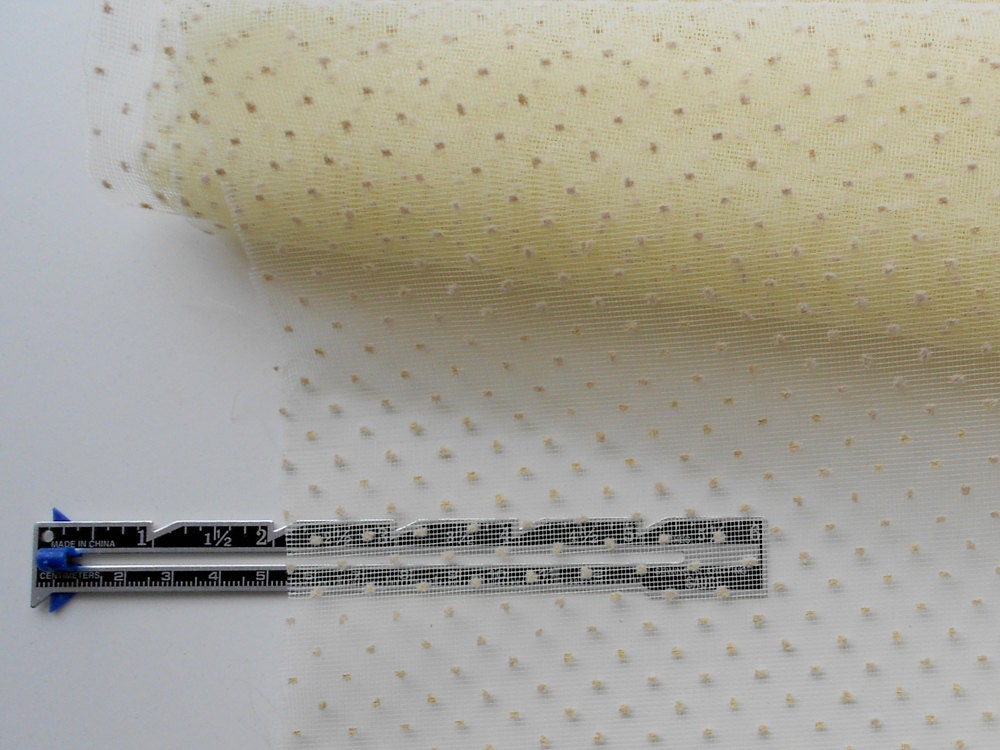
Fab ric

Fab ric

Fab ric

Fab ric
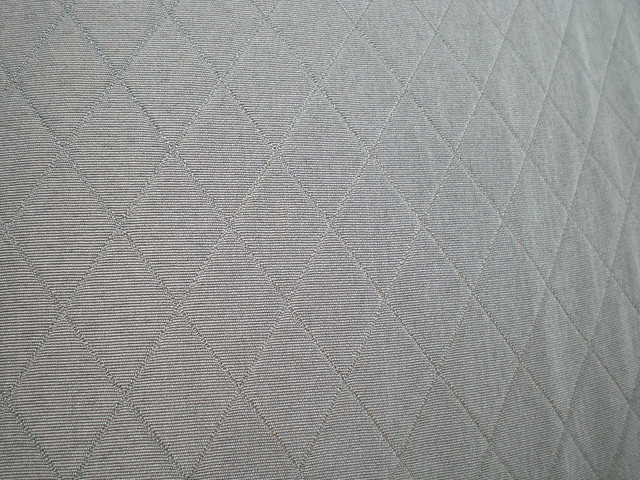
Fab ric

Fab ric
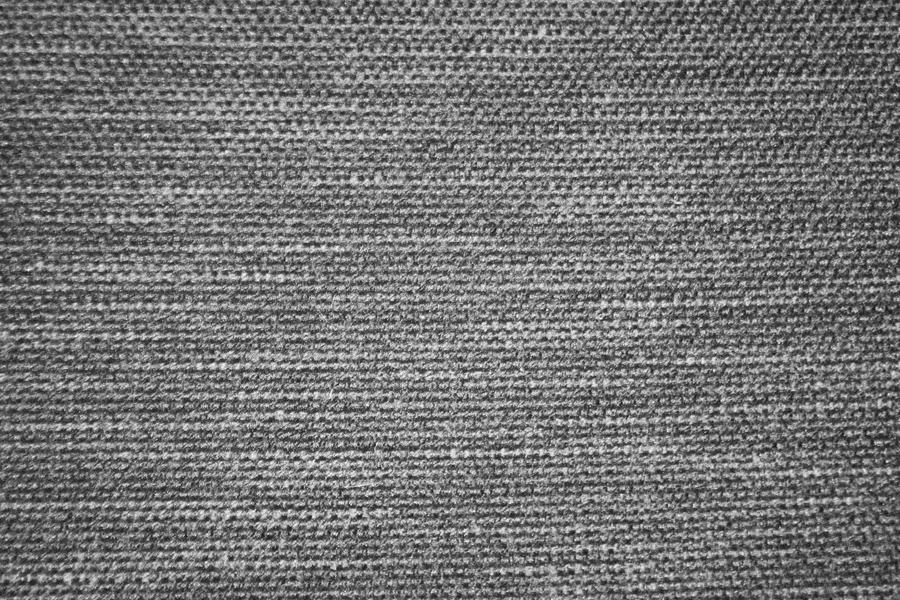
Fab ric
Fab ric

Fab ric
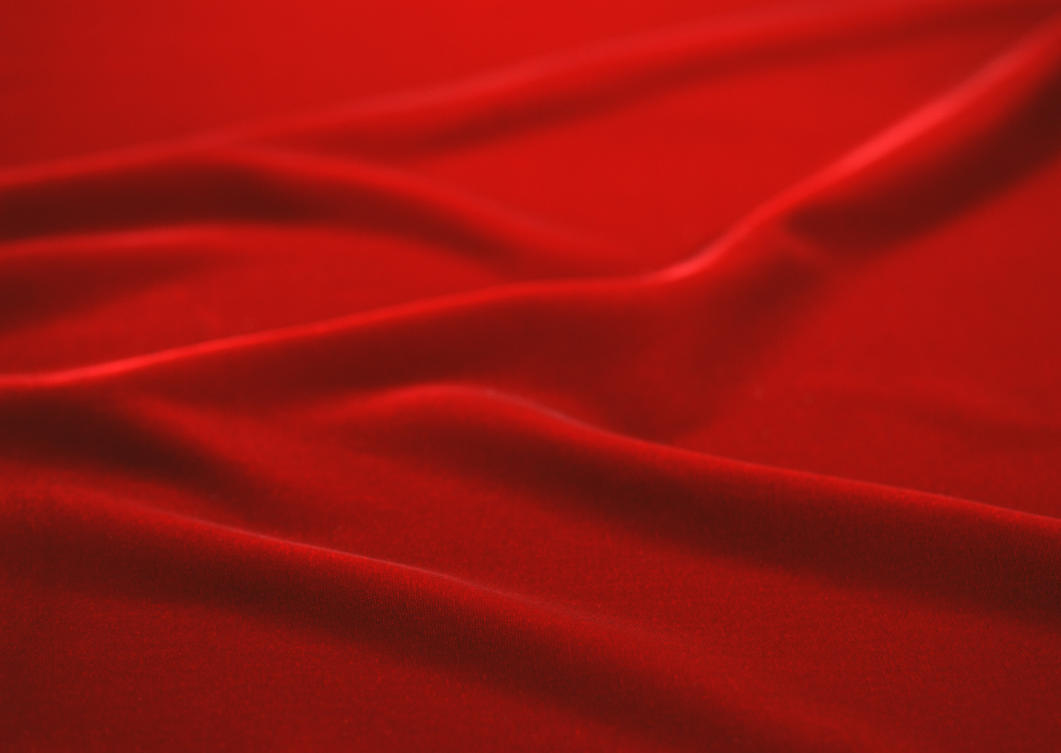
Fab ric

Fab ric
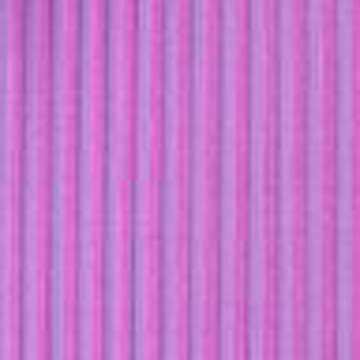


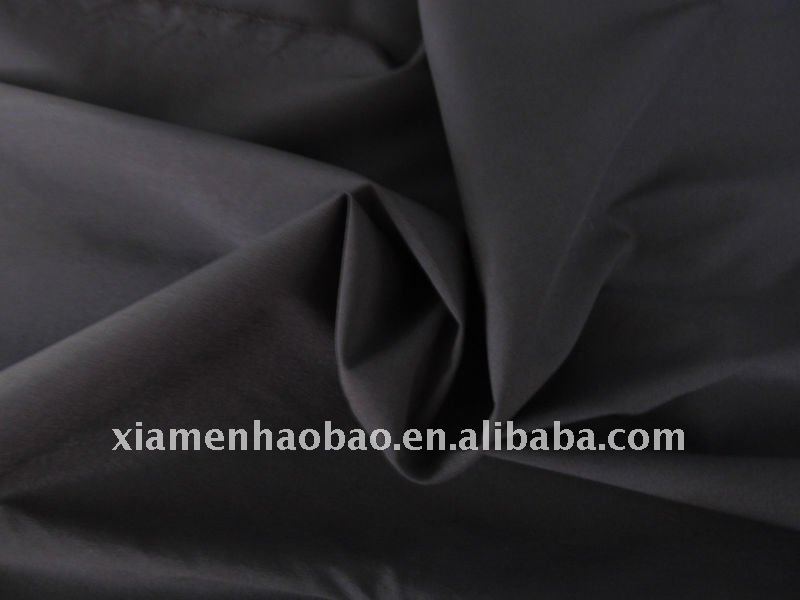
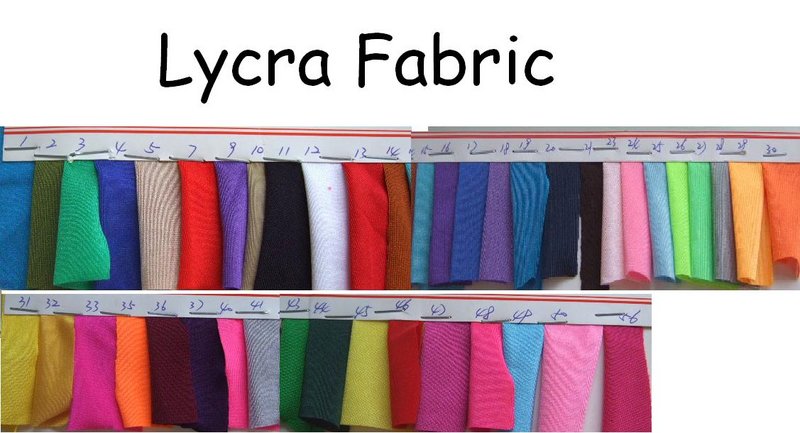

No comments:
Post a Comment